What self-respecting political leader would be seen in Davos? The World Economic Forum has become synonymous with sybaritic technocracy – champagne receptions, luxury chalets, £50 burgers and traffic jams of black limousines. David Cameron and George Osborne were in their element at these summits, sometimes staying to ski afterwards. But Rishi Sunak, a Goldman Sachs alumnus, has decided not to go this year, no doubt worried that his attendance would reinforce stereotypes he’s trying to dispel.
Already a subscriber? Log in
Subscribe for just $2 a week
Try a month of The Spectator Australia absolutely free and without commitment. Not only that but – if you choose to continue – you’ll pay just $2 a week for your first year.
- Unlimited access to spectator.com.au and app
- The weekly edition on the Spectator Australia app
- Spectator podcasts and newsletters
- Full access to spectator.co.uk
Unlock this article
You might disagree with half of it, but you’ll enjoy reading all of it. Try your first month for free, then just $2 a week for the remainder of your first year.


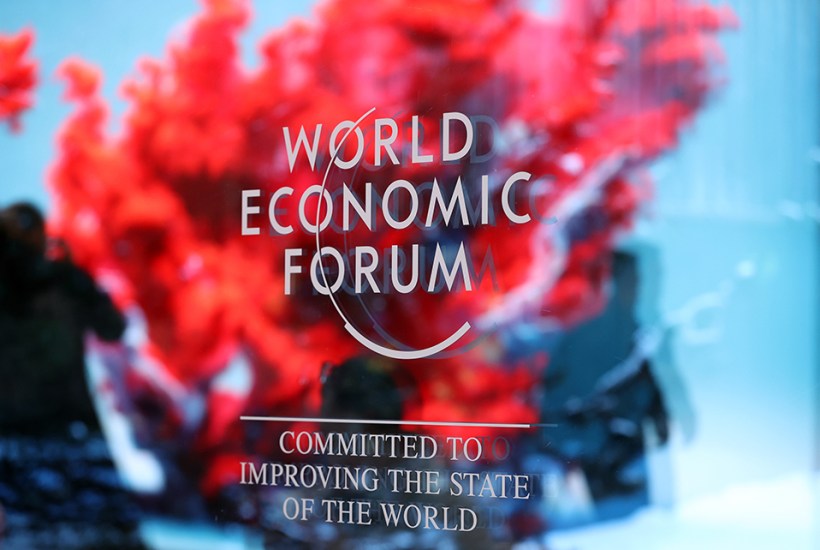
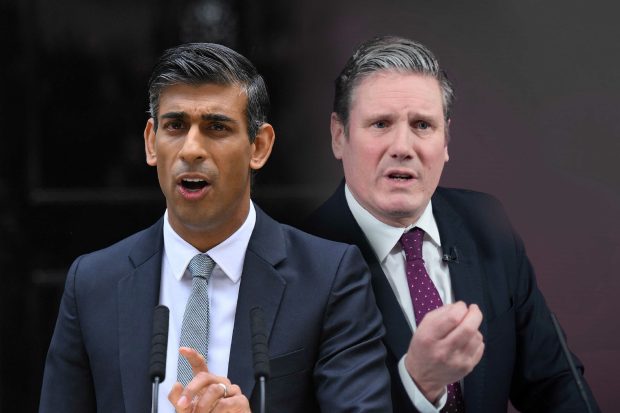
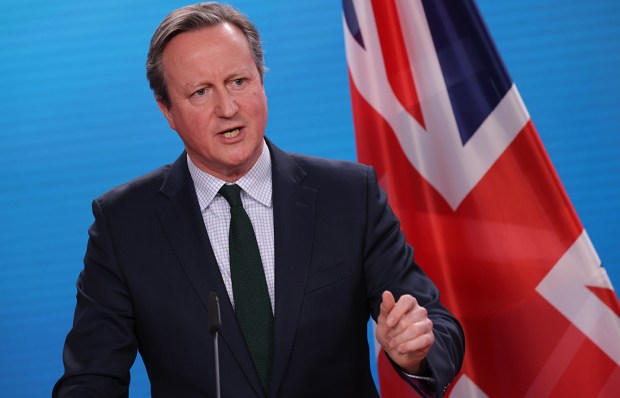
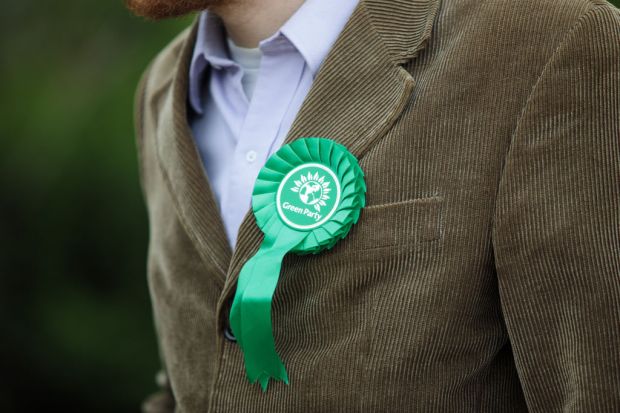
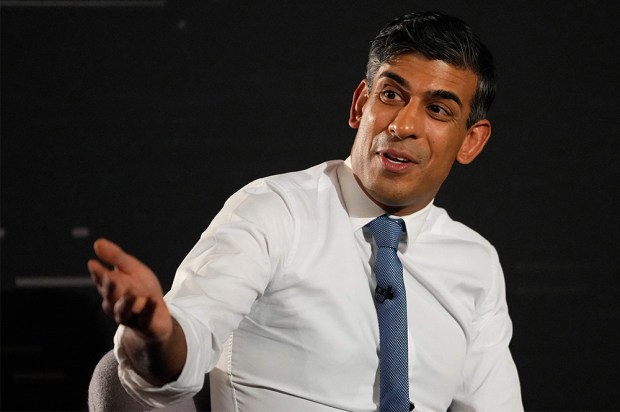
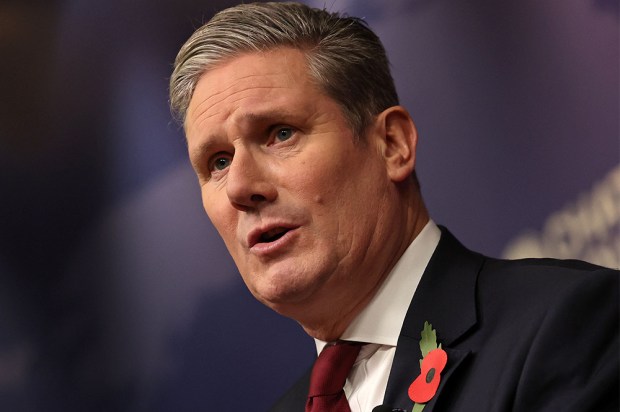
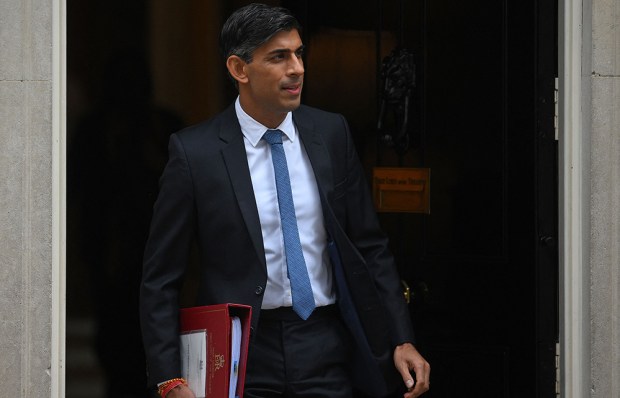



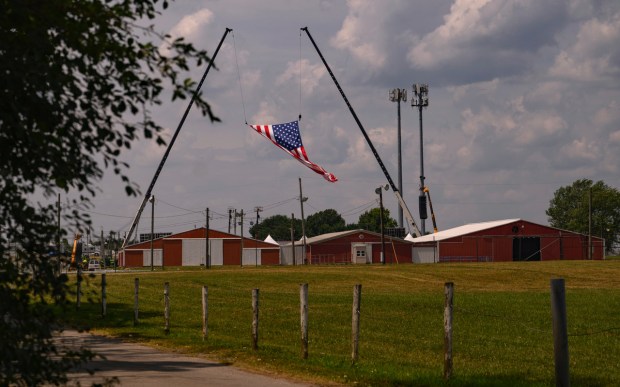


Comments
Don't miss out
Join the conversation with other Spectator Australia readers. Subscribe to leave a comment.
SUBSCRIBEAlready a subscriber? Log in